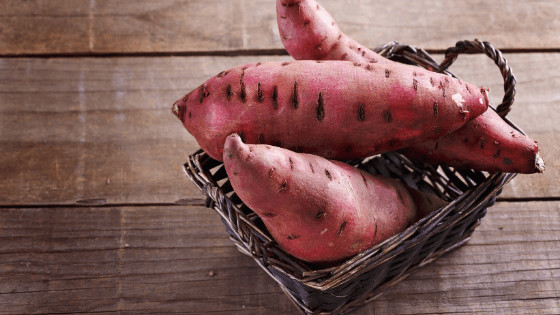
24 May Is Carb Loading Really Necessary?
When I think of carbohydrates, I think of the low fat & protein/high carb diet craze from the 80’s through early 2000. I think fro-yo, Snackwell’s, pasta and bread because this was considered “health food” during most of my developmental years. These days, carbs seem to have a bad reputation. We know that increasing healthy fats and protein in our daily intake while limiting processed carbohydrates and sugar is healthier. But are carbohydrates really that bad? And what are athletes supposed to do now? Is carb loading really necessary?
What Are Carbohydrates?
Carbohydrates are one of the three macronutrients. They are found in many foods like grains, fruit, legumes, dairy products, sugar, starchy vegetables and even some non-starchy vegetables. No matter what form of carbs you eat, the body breaks them down to glucose – ie the sugar in your blood. Essentially they are used for energy.
Glycogen
Glycogen is the stored form of glucose that resides primarily in the liver and muscles. Its purpose is to help regulate blood sugar and be available for quick energy when needed. Often, this is associated with exercise. If your body doesn’t have enough glycogen, glucose will be produced through a process called gluconeogenesis, which breaks down muscle and fat for energy. This is not an efficient process. Hence, the debate about to carb load or not.
Carbohydrate Loading
Carbohydrate loading is a process that some athletes use to increase their glycogen stores. This gives them prolonged energy during very long races. I’m talking the Iron Man and marathons, not your local 10K or high school basketball tournament. And even these elite athletes only carb load before big events. If you are consuming moderate healthy carbs on a daily basis and exercising/competing/racing less than 90 minutes, then I don’t think this is really necessary for you.
What is Carb Loading
Typically, during a race taper, athletes will deplete their glycogen for 3-4 days by eating a lower carb diet. Then, for 3-4 days before the event, they load up on carbs. And I mean load! They will consume a mostly carbohydrate diet, eating anywhere from 3.5-5.5 g of carb/pound of body weight. Each athlete needs to spend some time figuring out what amount and which specific foods work for them because it varies. If you have special health conditions like diabetes, a doctor should always be involved.
It is interesting to note that water hangs out with glycogen. For every 1g of carbohydrate you consume, you store about 3 g of water. That could explain my puffy “carb face” from the 90’s! So, that means with carb loading you are not only storing fuel for your race, but hydration as well.
Alternatives to Carb Loading
A Low Carb High Fat (LCHF) diet strictly limits foods with carbohydrates to about 20-30 net carbs. Sometimes this is called the ketogenic diet, or a very low carb diet, no carb diet, very low carb ketogenic diet . . . you get the idea. I need to press pause here and note that I don’t like the word “diet.”
Anyway, these diets mostly exclude foods with added sugar, starchy vegetables, fruit, legumes and grains. Essentially, you burn out your glycogen stores and then begin burning fat for energy through ketones that are produced when carbohydrates are not available. Your brain can use either glucose or ketones to function. This diet has been shown to be effective for some diseases and improve performance in athletes. However, I am not usually a fan of eating this way every day. I feel like any time food groups are eliminated you are asking for nutrition deficiency and non-compliance. Plus, we are provided with such a plethora of foods with various benefits. Why wouldn’t we enjoy it all!?
Good Carb Sources
Although carbs are on a lot of people’s naughty list lately, they do serve a great purpose in the body. I’m not going to get into the debate of Low Carb High Fat or Ketogenic dieting vs High Protein Diets, etc. Everyone reacts differently to various dietary plans, thus, I don’t believe in one size fits all because you are bioindividual.
What I do agree with for everyone is limiting sugars and processed foods. Whether you consume moderate or no carbs, it’s important to know that not all carbs are created equally. I recommend consuming carbohydrates from whole foods and natural sources as much as possible. This will ensure you are getting some vitamins, minerals and fiber. Some of my favorite carbohydrates include:
- Butternut Squash
- Sweet potatoes
- Berries
- Legumes
- Quinoa
Nutrition Before a Big Event
For those of you who enjoy triathlons, marathons, etc., I recommend eating a normal, balanced, whole food diet the week before the event. A day or two day before the event, you should increase your carbohydrates from healthy complex sources. You might notice slight weight gain but remember this is mostly from glycogen and water which will be used up for the event. Consume good sources of protein and healthy fats and hydrate throughout the day and event. Carb loading is also an option for more elite athletes trying to really cut times.
I hope this helps you understand if carb loading is right for you. Schedule an explore call with Beth today to customize your optimal nutrition plan.


